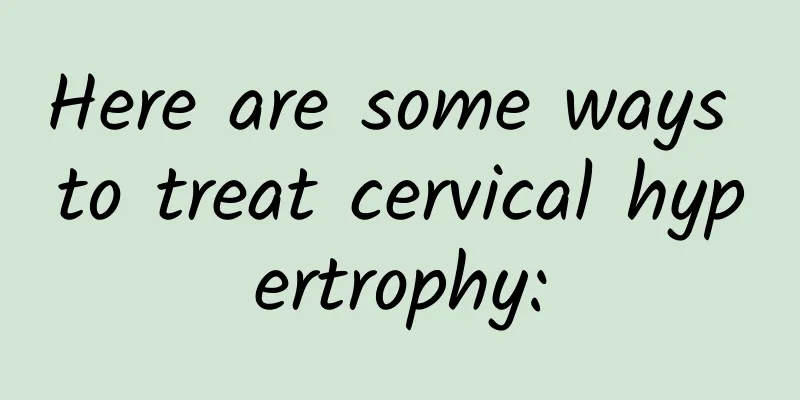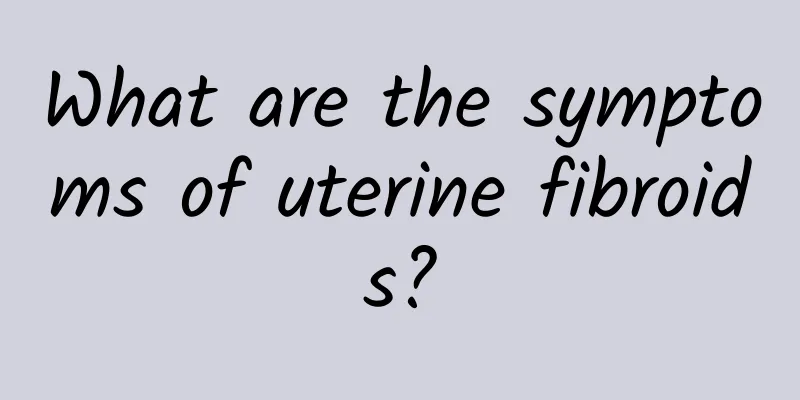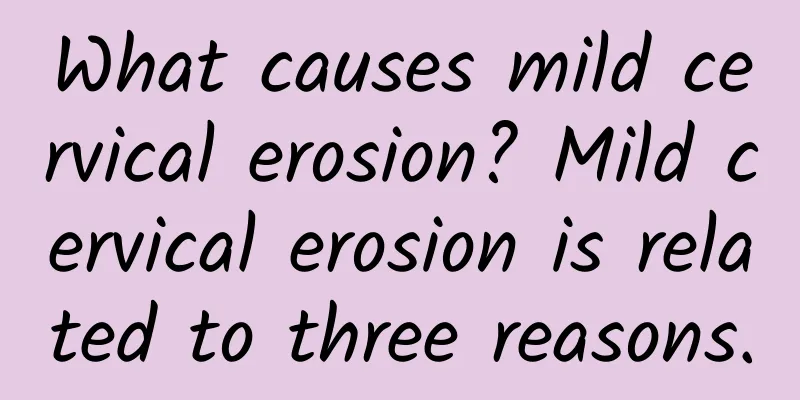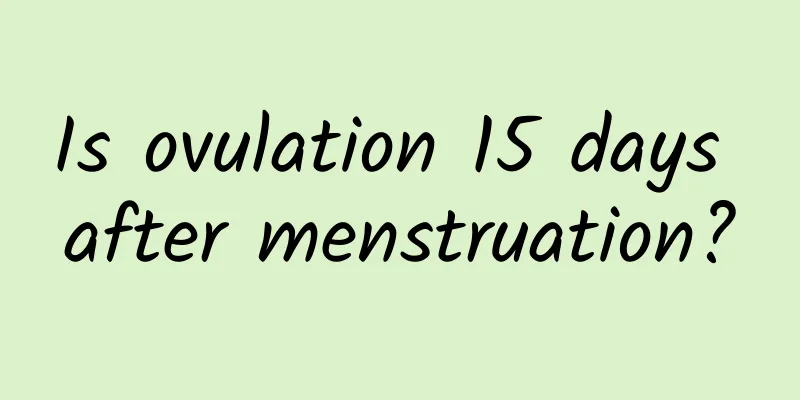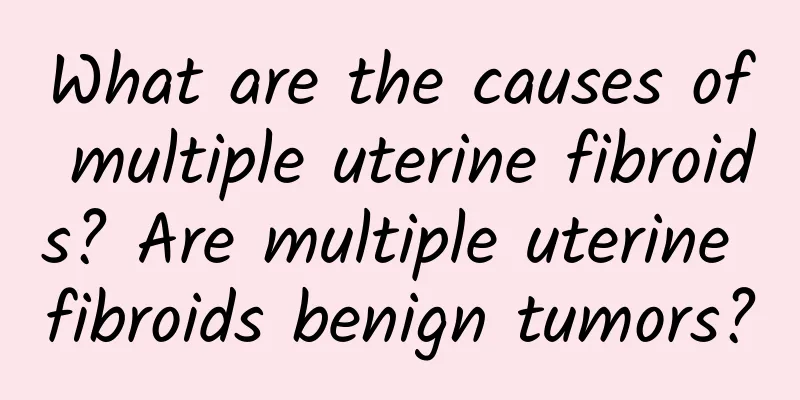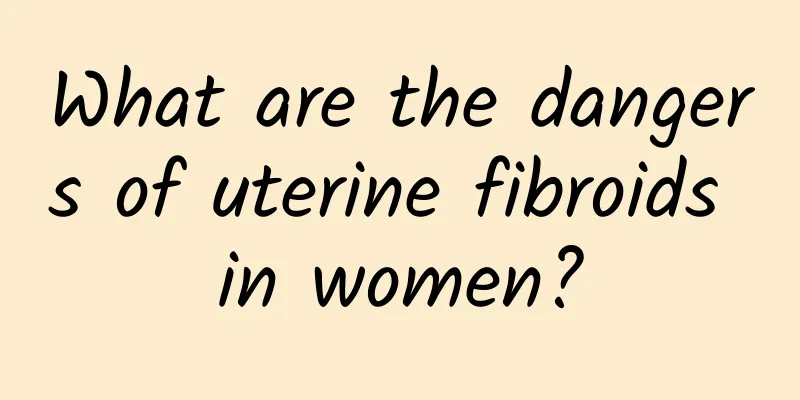Can intrauterine adhesions be cured? There are many ways
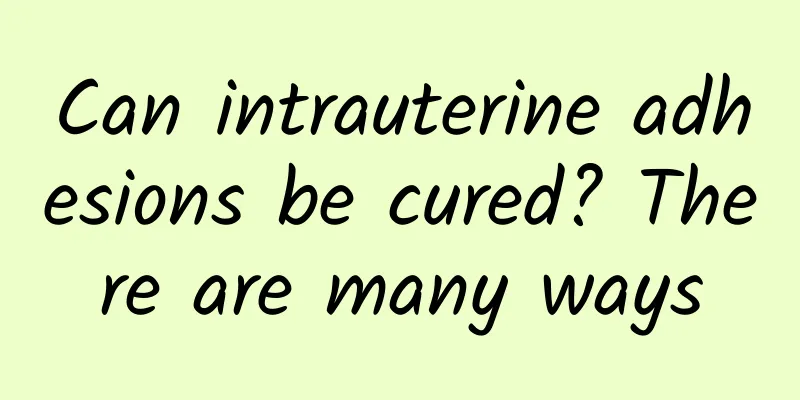
|
Intrauterine adhesion refers to adhesion of the inner wall of the uterus causing full or partial occlusion of the uterine cavity. Intrauterine adhesion can lead to abnormal menstruation, secondary oligomenorrhea or amenorrhea, oligomenorrhea, amenorrhea and periodic lower abdominal pain after abortion or curettage; secondary dysmenorrhea, infertility, early pregnancy miscarriage, ectopic pregnancy, placenta implantation during delivery, postpartum hemorrhage, etc. Therefore, treatment is imperative. Next, let's take a closer look at the treatment methods for intrauterine adhesions! 1. TCM treatment of intrauterine adhesions <br/> TCM treatment can improve the repair of uterine wall scar tissue, fibrosis, and loosening of adhesion tissue, improve tissue tolerance, and repair damaged endometrium, greatly increasing the chance of pregnancy. Warming up the kidney yang, consolidating and stopping leukorrhea are the main purposes of TCM treatment of intrauterine adhesions. TCM treatment causes relatively little harm to the patient's body, and the side effects of Chinese medicine are also very small. In general, TCM treatment methods can be used. Another method is to use TCM intraperitoneal perfusion, which is to first find the cause of intrauterine adhesions and then treat them symptomatically. Mild and moderate intrauterine adhesions can generally be exempted from surgery by taking Chinese medicine. 2. Intrauterine Adhesion Separation Surgery <br/>For patients with more severe intrauterine adhesions, intrauterine adhesion separation surgery is the best choice. Hysteroscopic intrauterine adhesion separation surgery is more direct, accurate, and reliable, and significantly improves the accuracy of diagnosis. The surgery only separates the adhered intrauterine tissue, and does not affect other normal tissues in the uterine cavity. The diagnosis and treatment are safe and reliable. Hysteroscopic intrauterine adhesion separation surgery is used to separate the adhesion lesions while injecting a lubricant to prevent adhesion blockage, effectively avoiding the recurrence of adhesions and infertility in the patient's uterine cavity. |
<<: Can I get pregnant with intrauterine adhesions? The chance of pregnancy is low
>>: How to treat intrauterine adhesions? 3 common methods
Recommend
Do you know what to pay attention to regarding ectopic pregnancy?
What are the precautions for ectopic pregnancy? W...
Is cervical erosion contagious?
Is cervical erosion contagious? This is a topic o...
What are the dangers of not resting after abortion? Not resting after abortion will cause these 6 diseases
If you do not rest after an abortion, it will dir...
Symptoms of ovarian cyst torsion during pregnancy
Ovarian cyst torsion during pregnancy that causes...
Talk to you about effective dietary treatments for bacterial vaginosis
In addition to conventional treatment, you can al...
The prevalence of obesity among adolescents is about 30%, and adult obesity will follow! Special clinic for adolescents provides consultation
The World Health Organization (WHO) defines adole...
What is the difference between uterine fibroids and cysts? Are uterine fibroids and cysts the same thing?
What is the difference between uterine fibroids a...
Indications, contraindications and preoperative preparation for artificial abortion
Artificial abortion is a procedure that terminate...
Can women with chronic cervicitis take medicine to cure it? Tips on taking medicine for women with chronic cervicitis
Patients with chronic cervicitis can be treated w...
How to prevent cervical warts in family members
Cervical warts are a common sexually transmitted ...
Do you know the symptoms of uterine fibroids?
What symptoms of uterine fibroids do you know? Th...
What causes uterine cysts?
Uterine cysts are mostly caused by physiological ...
What medicine should women use for third-degree cervical erosion? Try these methods to treat cervical erosion
Cervical erosion is a gynecological disease with ...
Do uterine fibroids require surgery? Under what circumstances do uterine fibroids require surgery?
Do uterine fibroids need to be surgically removed...
Losing weight quickly is the most harmful to your health! Doctor Yang Weijun: Get rid of obesity step by step, losing 8% in half a year is just right
Obesity not only affects appearance, but also inc...

